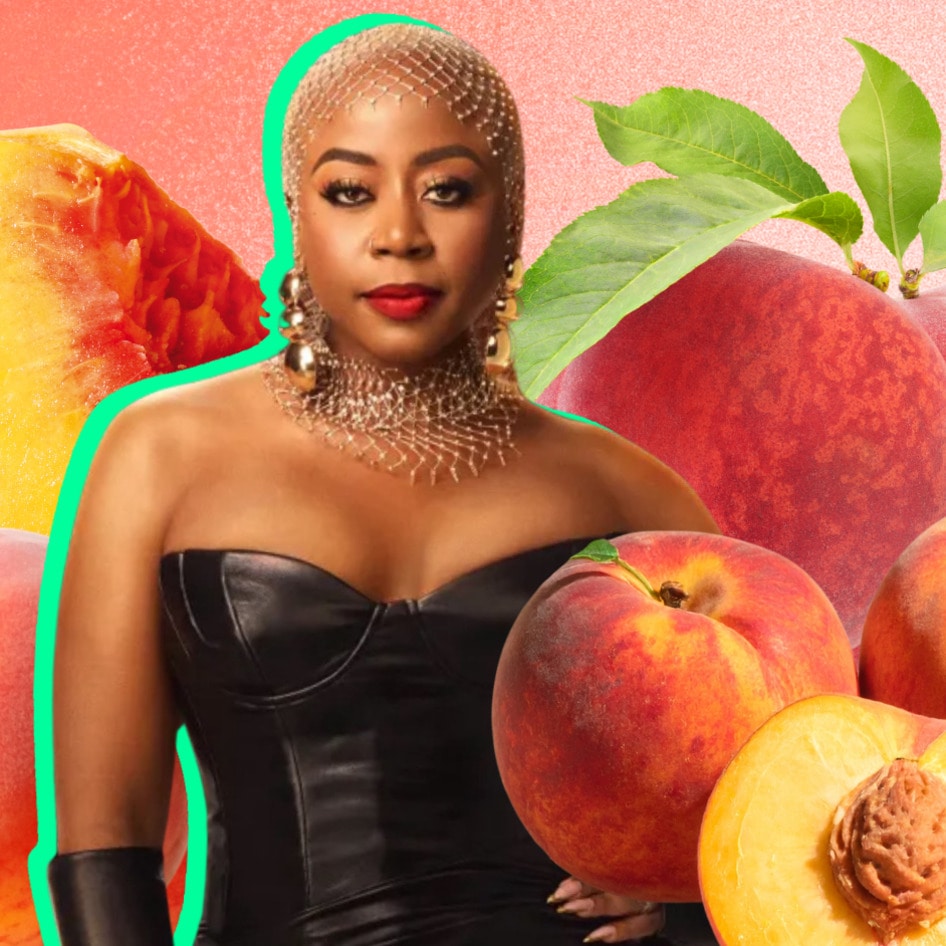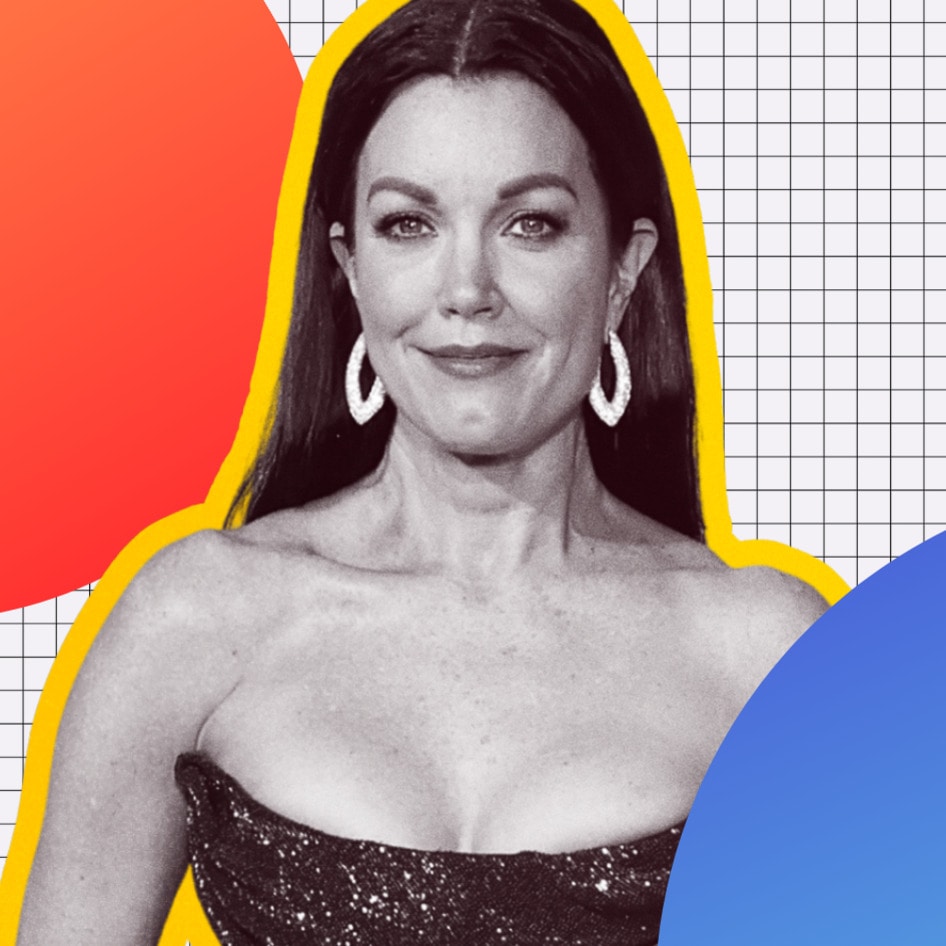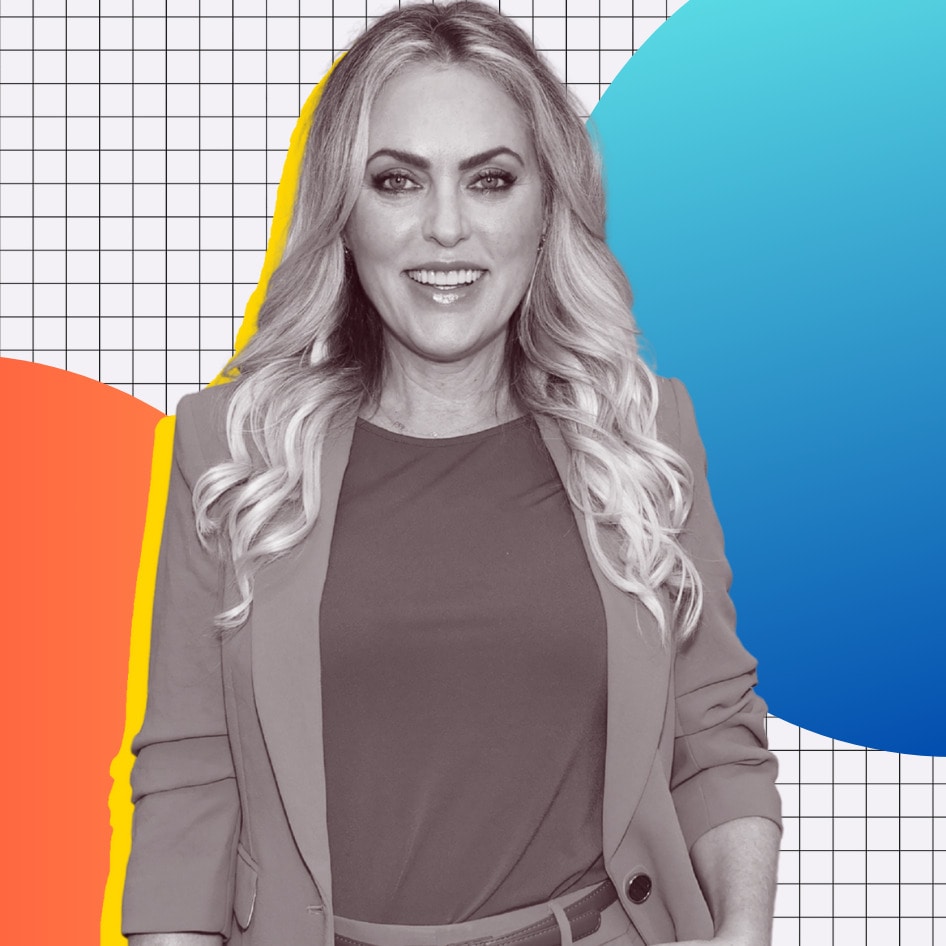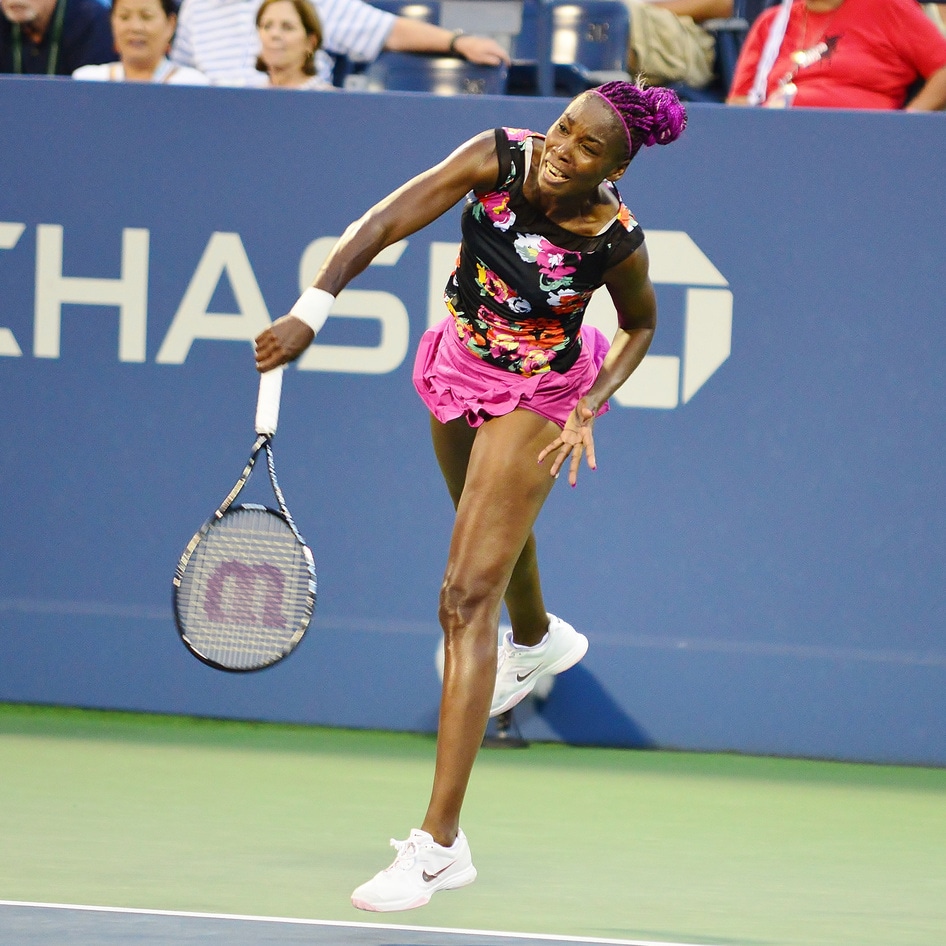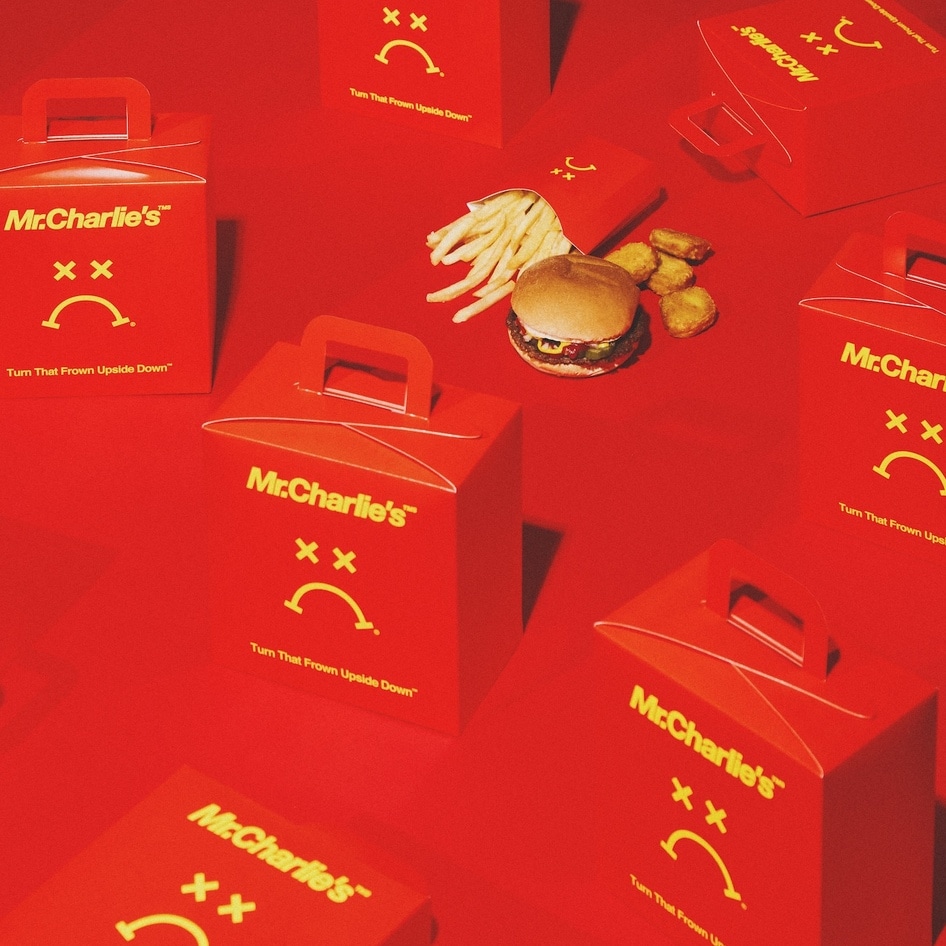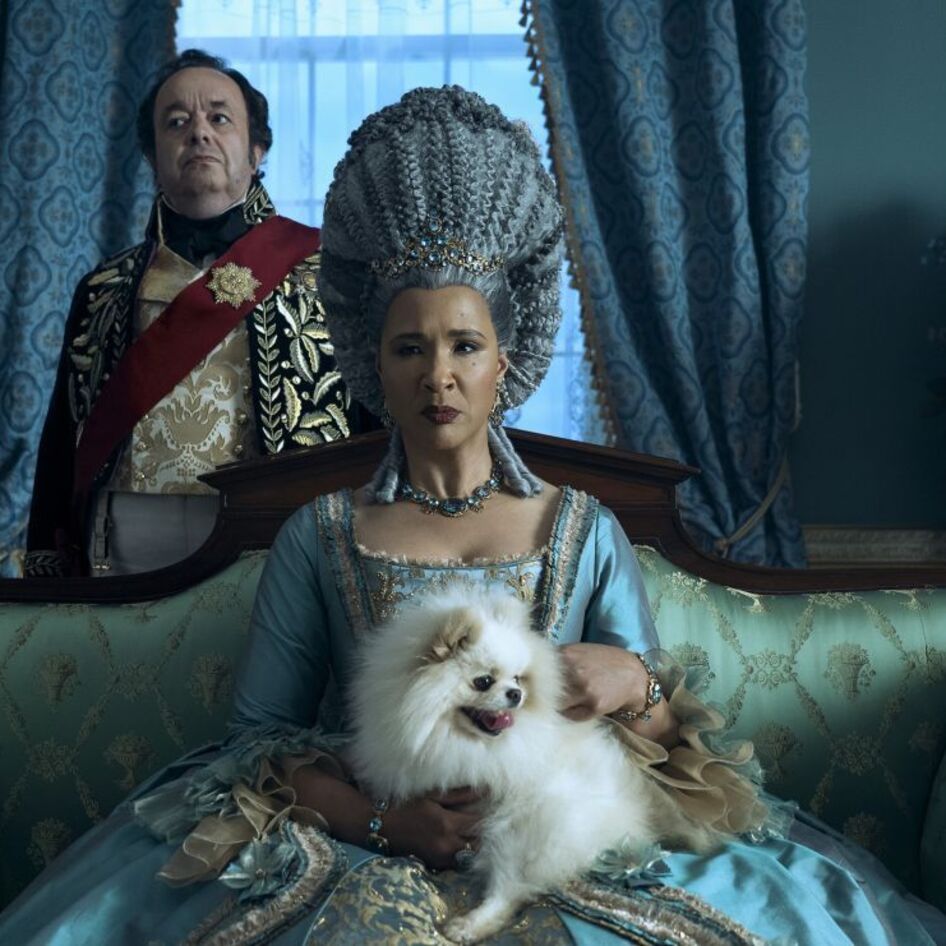Tulsi Gabbard is not only a presidential hopeful, a veteran, and a history-making Congresswoman (she is the first Hindu member and the first Samoan-American voting member of Congress), but as it turns out, this controversial Democrat is also deeply spiritual, relentlessly in pursuit of climate justice, and passionately into good food. These days, the unflappable Hawaiian is busy on the campaign trail, but took time out of her hectic schedule to speak with VegNews’ Jasmin Singer about why she’s vegan, how she wants to see society shift when it comes to our relationships to animals, and what exactly gives her hope.
VegNews: A lot of people might not know that you’re vegan. What’s your go vegan story?
Tulsi Gabbard: Well, I have been a lifelong vegetarian. There are five kids in our family. We were all raised vegetarian. And my parents, they were living in American Samoa. There was a very meat-based diet there, and they were looking for how they could eat in a more health-conscious way. My dad said that one day they were out with the family at a community Luau type of thing, and he bit into a piece of chicken, and it was raw and bloody. And at that moment he was just like, “I can’t do this anymore.” And so that’s when my parents became vegetarian and raised us kids in that way. For me, deciding to be vegetarian is rooted in a very strong spiritual foundation as a practicing Hindu—and an awareness and a care and compassion for all living beings. So, more recently, in the last few years—just as I became more aware of the unethical treatment of animals in the dairy industry especially—it caused me to really think about some of the changes I could make to lessen that negative impact on animals as well as the environment. This is an issue I’ve really been working to bring to the forefront throughout my time in Congress and this campaign. I want to bring awareness around the environment and climate change; there’s a direct correlation to our diet and the choices that we make, what we eat, and what we put in our bodies every day. It’s been a glaring omission in most of the climate change debates, often focused on fossil fuels, which is important. But when you look at the impact that we could have in the world and on the planet by people moving to a plant-based diet, or even just starting to move in that direction, it’s really quite tremendous.
VN: Why do you think the connection between animal agriculture and climate change is so rarely spoken about?
TG: There’s a lack of awareness around what kind of impact is made. That’s starting to change more with social media, and more and more people having direct access to this information. But it’s hard for people to think about a fundamental lifestyle change in food when they think of veganism as people who just eat plants and salad, and not being able to wrap their heads around what that would actually look like. Again, I think there’s a lot of opportunity around this area with films like The Game Changers and others that really bring it home. And all of the many benefits that transitioning to a plant-based diet can have not only on the environment, but also on yourself, your own health and well-being—for athletes, for performance—and bringing it into a more mainstream realm where it hasn’t been for a long time.
VN: Beyond just the environment, you have certainly proven to be a leading politician when it comes to pro-animal legislation. What political efforts have you taken to protect animals?
TG: Throughout my years in Congress, I’ve been very proud to work with a lot of organizations that have been very focused on the humane treatment of animals. I was a co-sponsor of The Aware Act, which directly approves humane treatments for farmed animals and tried to push forward legislation to help reform our farming and agriculture practices, specifically on the armed services committee, which supported legislation that would no longer allow our military to use animals for testing and training, and have included legislation like the Best Practices Act and the Kitten Act. There are a lot of different pieces of legislation we have and are continuing to push forward. Once again, we have to make sure we have these vehicles for change. And more and more people in the country are becoming aware of these harmful practices and the impacts that they’re having. And they can then call their own leaders and members of Congress and ask them, “What are you doing? What are you doing to stop the cruelty of animals?”
VN: It’s so important for people to be emboldened and to feel there are politicians who reflect our values. We interviewed Senator Cory Booker, who’s also an outspoken vegan—and for long-term vegans, this type of representation is totally surreal. Do you see a shift with politicians embracing veganism more?
TG: Slowly. Very slowly. I’ll host different luncheons for different colleagues in Congress and when I’m the host, I’ll always cater a vegan lunch. And I’ll get different responses from colleagues. Some will come in saying, “Oh my gosh! This is so amazing! I had no idea vegan food could be this good.” And then there are others who are just like, “Nope. Nope.” Knowing that it’s not meat, they weren’t willing to try it, even to taste it. I’ve found that telling people after the fact—after they’re like, “This was an amazing lunch,” going, “Oh yeah, and it’s vegan”—that can open up their eyes. I’m a big foodie. I love food. Maybe a little too much. We all do in my family. I grew up working with my parents; they had a vegetarian family-style deli growing up. So we grew up in that atmosphere, and at different times we would invite our friends over for lunch and dinner. It really gives me hope as people are trying things—you know, things like Beyond Meat and all these foods that are kind of entering into their fast-food worlds, their everyday lives. They are seeing veganism and plant-based eating in a whole new way.
Happy Thanksgiving! There is so much that I am thankful for today and every day. Thank you all so much for your support! #Tulsi2020 #Thankful #Thanksgiving pic.twitter.com/rHFczz4VfT
— Tulsi Gabbard 🌺 (@TulsiGabbard) November 28, 2019
VN: Last year on Twitter, you posted a video of your vegan Thanksgiving. It looked amazing, and so we’d love to know what types of food you eat, what kinds of brands you love, and whether you have go-to meals you like to eat or share with others?
TG: Thanksgiving and Christmas are two times of the year where most families across the country that are scattered and busy all over the place try to come together and show gratitude. Not only for the food, but also to Mother Earth, and to God, and for all of the blessings that we have. And I like to do so in a way that’s friendly to all the animals around us. So for my family, it’s the traditional lunch and dinner. We have the cranberry sauce, and the gravy, and the mashed potatoes, and the sweet potatoes, and obviously instead of a turkey, we’ll have a Tofurky. Sometimes my mom will make this beautiful oven-roasted tofu to stand in for the turkey. The latest one we had was a Field Roast. And then for Christmas, we actually had a traditional Filipino Kamayan dinner, which is not traditionally vegan, but obviously this was completely vegan. You have mounds of food on banana leaves at the dinner table and you eat with no utensils, no plates. Just clean hands, banana leaves, and a massive mounds of amazing food.
VN: What are your favorite meals while traveling?
TG: For the last year, I’ve been on the road almost constantly. And I always try to keep Vega bars or protein shake packs with me. Those are easy to get and delicious, and tide me over between A and B. I also love using the Happy Cow app. It points me to where those nuggets are where we can find a vegan restaurant, or those places that have a vegan option. You’d be surprised. When all else fails, we go for the six-inch Veggie Delite at Subway. The last time I was in New York, I went to Candle 79. Obviously, it was just before they closed, which I was really sad to see. I didn’t realize until a week or two ago that they had closed, but Candle 79 was a favorite in New York. Probably the best vegan restaurant I’ve ever eaten at is called Vedge in Philly, and we were very excited when they decided to open the restaurant in DC called Fancy Radish with pretty much the same menu. And so it’s a treat. That’s where we go for our birthday or anniversary dinners.
VN: Switching gears, what changes do you would want to see for animals legally?
TG: Factory farms have to be a thing of the past. Throughout the time I’ve spent in Iowa, we’ve seen the horrifying ways animals are treated in these farms and the incredible, ravaging impact that it has on the communities where these farms are located. Supporting more ethical and organic farming has to be the place that we go when it comes to farming. Ending animal testing. Ending the inhumane treatment of animals, whether it is for cosmetic purposes or other purposes. Science is showing us that even for those kinds of testing that may be required, there’s absolutely no reason or justification for this to continue to occur in the use of animals. We need to ban puppy mills. These commercial breeding factories full of animals that don’t put an emphasis on animals’ well-being—and really is a purely profit-driven, greed-based business—is leading to more dogs who are just actually in need of homes, and filling up shelters and ending up in a very terrible situation. I think another one is a huge issue—but not maybe striking a chord with everyone because people are not aware of it—is ending the trophy hunting that’s happening, and making it so that it is not a cultural norm that we accept in this society. There’s a long list of things we need to do, but I think these are at the top of the list.
VN: What about culturally and societally? In what ways do you want to see our relationships to animals shift?
TG: When people talk about their dogs as their best friends, or the cats in their house, or the horses that they have on their ranch … I would love to see that same kind of relationship that people have with their animals extended to all animals. That you’ve got to respect animals. That you know and understand that animals have incredible feelings and emotions and, just as our dogs are happy to see us when we come home, we need to understand and appreciate that relationship with all animals and respecting them as sentient beings that are like us. They are a very integral part of our ecosystem.
VN: It’s interesting to see where we draw a line between those we love and those we eat—our society can do much better than how we’re doing right now in terms of how we treat animals.
TG: Yes. When we look at the unsustainability of our current dietary choices—factory farms, this mass production of meat for consumption—it points to this threat, this very direct threat that this poses to our planet. Our ability to sustain life. Humanity, given the rate that we’re on. Clean water, our ability to drink, our ability to grow food to feed people. And just looking back to Mahatma Gandhi saying, “Mother Earth provides enough for everyone’s needs, but not everyone’s greed,” is something we need to put at the forefront of how we look at agriculture, how we look at better dedicating our resources as taxpayers in this country towards the growth of food that is nutritious, that is healthy, and that is respectful and protective of these resources Mother Earth provides to us. And taking lessons from the Indigenous people who have come before us, who found ways to live in harmony with Mother Nature, and ensuring that we are protecting these resources we have now, and ensuring their sustainability for those who will come after us.
“Factory farms have to be a thing of the past.”
VN: There’s so much suffering in the world at this moment. What keeps you up at night?
TG: What keeps me up at night is the fact that here in the US and in other countries in the world, we’re seeing policies and laws passed, even by our own government, that are driven by greed and consumption, without regard for what the consequences are for those policies on people, on animals, on our planet, on our entire country, and extended beyond that into the world. And if we can get to the place where we’re rooting out that greed-driven corruption, even in our own country where it’s maybe not as blatant as it is in other countries (but it is happening here), then we can see past the materialistic measure of value in life, and instead see the value that is intrinsic to all living beings and focus more on how we improve the quality of life. Not measured by GDP or the stock market, or how many fancy cars you have, or how much money is in your bank. But actually, truly, in a deeply fundamental and spiritual place, the value and quality of life that is true, that is real. And that’s really what drives me and the kind of change we are seeking to bring about. You know, I’m a Democrat, I’m running for President—but the kind of change we are talking about is so much bigger than partisan politics and the kind of divisiveness we’re seeing in the country.
VN: What gives you hope?
TG: This is what gives me hope: That even as there is so much suffering, hardship, struggle, and pain, here in this country and around the world I have the privilege of getting to meet people every single day who are leading with their hearts. That are gathering together in tiny little towns and big cities across the country, recognizing how deep these problems are, and are being driven to take action because of the love and care that’s in their hearts. The love of our country, and of those around us—families, friends, loved ones, our communities, and for Mother Nature and our planet. And therefore they are being spurred to take action, even if we don’t know all the answers today. It is being driven by that love to stand up and stand together that gives me hope for what’s possible and how we can make the right kind of change, and make progress towards that bright future for all.
VegNews Senior Online Features Editor Jasmin Singer is the author of the memoir Always Too Much and Never Enough as well as the forthcoming book The VegNews Guide to Being a Fabulous Vegan, and the co-host of the Our Hen House podcast.
JUMP TO ... Latest News | Recipes | Guides | Health | Subscribe

